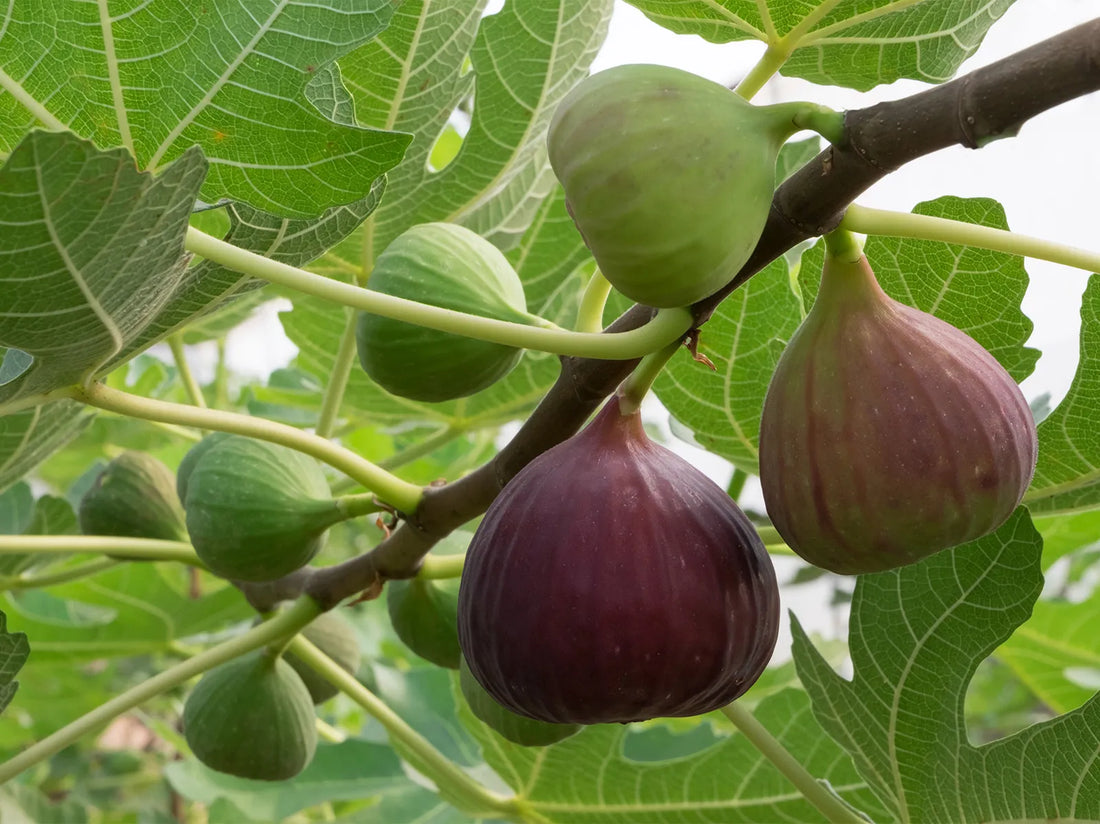
Pest Management Strategies for Fig Trees
Share
Introduction
Fig trees play a vital role in agriculture, providing fruits and shade in various regions. However, these valuable trees are often plagued by common pests that can hinder their growth and productivity. Implementing effective pest management strategies is essential to protect fig trees and ensure their health and longevity.

Understanding Fig Tree Pests
Fig beetles, mealybugs, and spider mites are among the most common pests that attack fig trees.


These pests can cause extensive damage to fig trees by feeding on leaves, stems, and fruits.
Factors such as environmental conditions, lack of natural predators, and poor orchard management contribute to pest infestations.
Integrated Pest Management Techniques
Cultural practices like regular pruning and proper soil management can help prevent pest outbreaks.
Biological control methods involving natural predators and parasites offer environmentally friendly solutions.
Chemical control options should be used judiciously to minimize negative impacts on fig tree health and the surrounding ecosystem.

Monitoring and Control Measures
Establishing regular pest monitoring schedules and using physical barriers/traps can aid in pest control.

Timely intervention strategies, such as targeted spraying or introducing beneficial insects, can help manage pest populations effectively.
Sustainable Pest Management Practices
Incorporating organic and eco-friendly pest control methods reduces reliance on harmful chemicals.
Promoting biodiversity in fig tree ecosystems enhances natural pest control mechanisms.
Long-term strategies for maintaining pest resistance and overall fig tree health are essential for sustainable orchard management.
Conclusion
Safeguarding fig trees from pests is a continuous effort that requires a holistic approach. By implementing sustainable pest management practices, growers can protect their fig trees and promote a healthy orchard environment for generations to come.
FAQs
Effective pest management is crucial for preserving fig tree health and productivity.
By combining cultural, biological, and chemical control methods, growers can mitigate pest damage and ensure the longevity of their fig orchards.

